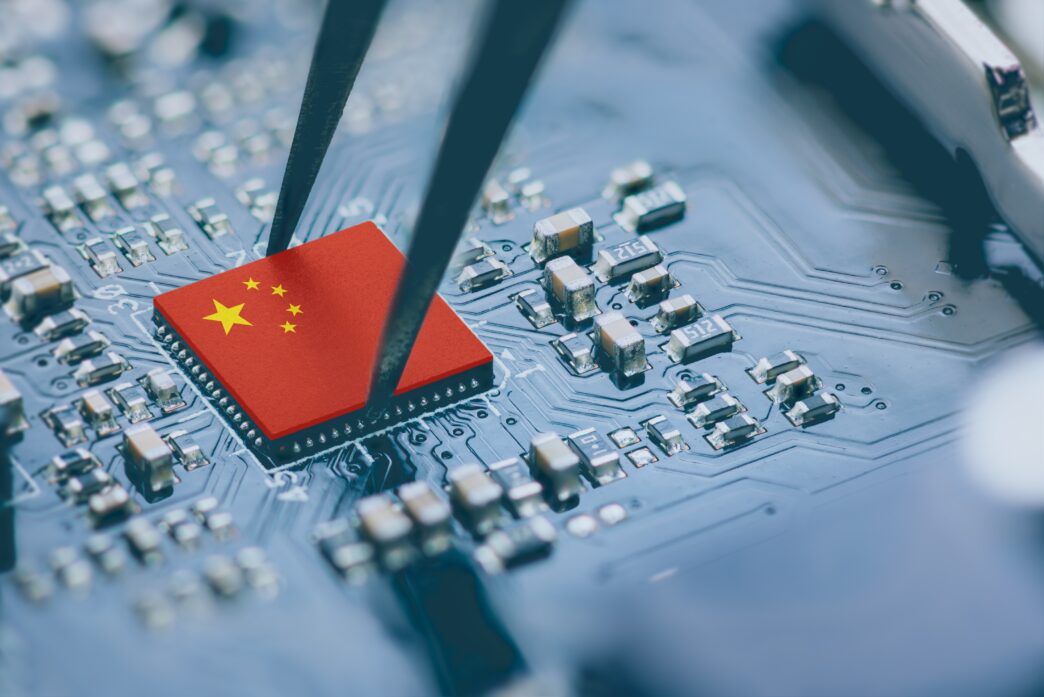Executive Summary
The Story So Far
Why This Matters
Who Thinks What?
The Chinese Communist Party has cautioned against the wholesale abandonment of traditional industries in the nation’s push to develop “new quality productive forces,” a strategic growth model focused on technological innovation and industrial upgrades. According to an article published Friday in Qiushi, the party’s leading theoretical journal, sustainable economic growth necessitates a dual approach of fostering emerging sectors while simultaneously transforming existing ones, with an emphasis on local conditions. This guidance addresses concerns that some regional authorities have been too hasty in phasing out established industries or indiscriminately investing in nascent technologies.
Clarifying the New Growth Model
The concept of “new quality productive forces,” championed by Beijing, is intended to drive economic advancement through breakthroughs and upgrades. However, Qiushi emphasized that this does not imply discarding traditional industries but rather integrating and transforming them through innovative practices. The journal articulated that the sustained impetus for economic growth stems from both cultivating new industries and modernizing conventional ones.
Addressing Regional Missteps
The article acknowledged that some regions, in their zeal to embrace the new model, have prematurely invested in industries featuring buzzwords like artificial intelligence and electric vehicles, often disregarding local economic realities. Conversely, other areas have been criticized for recklessly phasing out traditional sectors deemed “low-end” or “outdated.” Such actions, the journal warned, risk creating industrial gaps, disruptions, and inefficient resource allocation.
Leadership’s Stance
President Xi Jinping, also the party’s general secretary, reiterated this cautious approach at the fourth plenary session of the party’s Central Committee in Beijing last month. He stressed that developing new quality productive forces requires specific conditions and that practical feasibility must be thoroughly considered. The solution, according to Qiushi, involves regions leveraging their unique strengths and pursuing development paths tailored to their specific circumstances.
Strategic Imperative
The party’s message underscores a strategic imperative for China to balance its pursuit of high-tech industries with the pragmatic transformation of its existing industrial base. This cautious approach aims to prevent resource waste and ensure stable, sustainable economic development across diverse regional economies.








